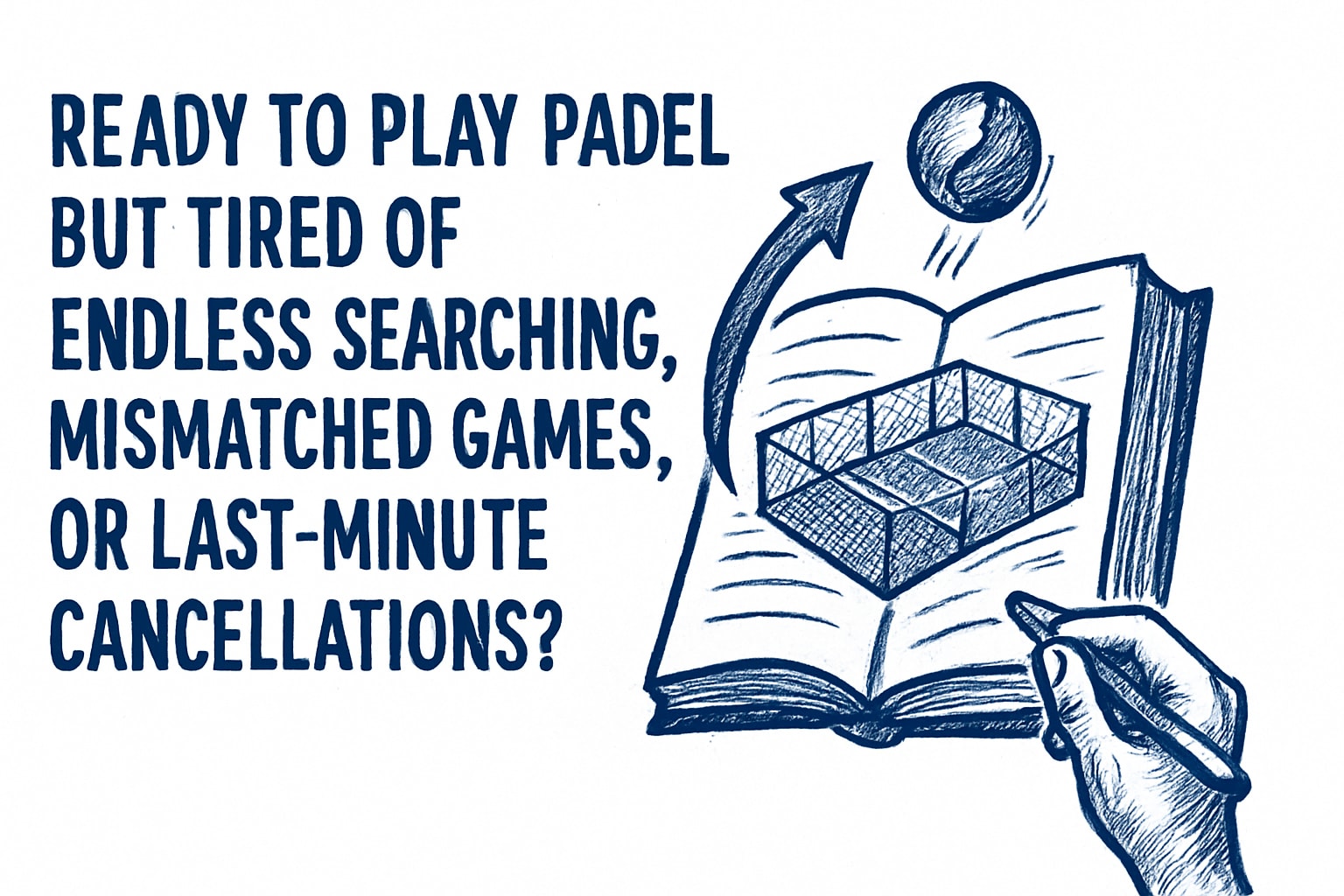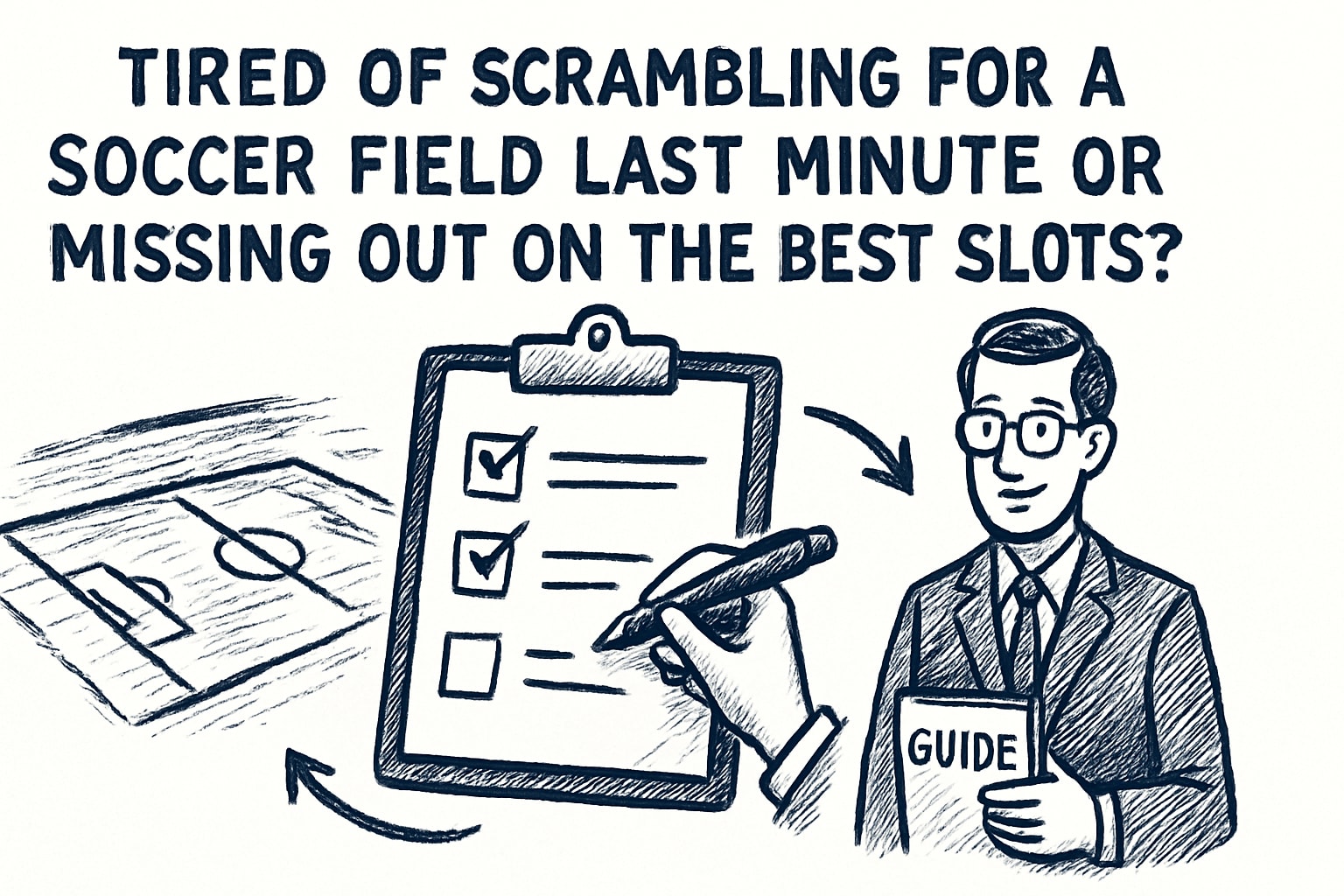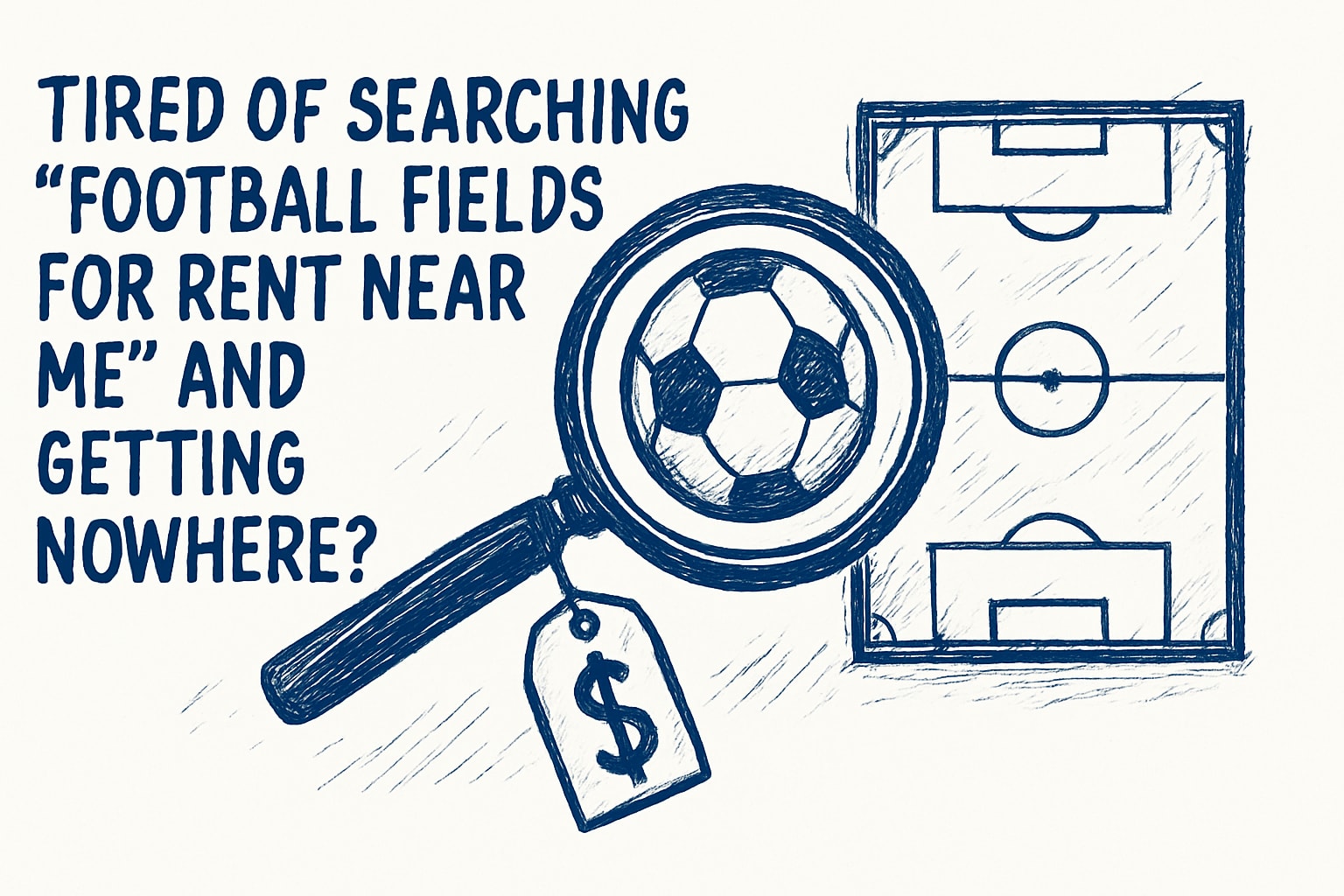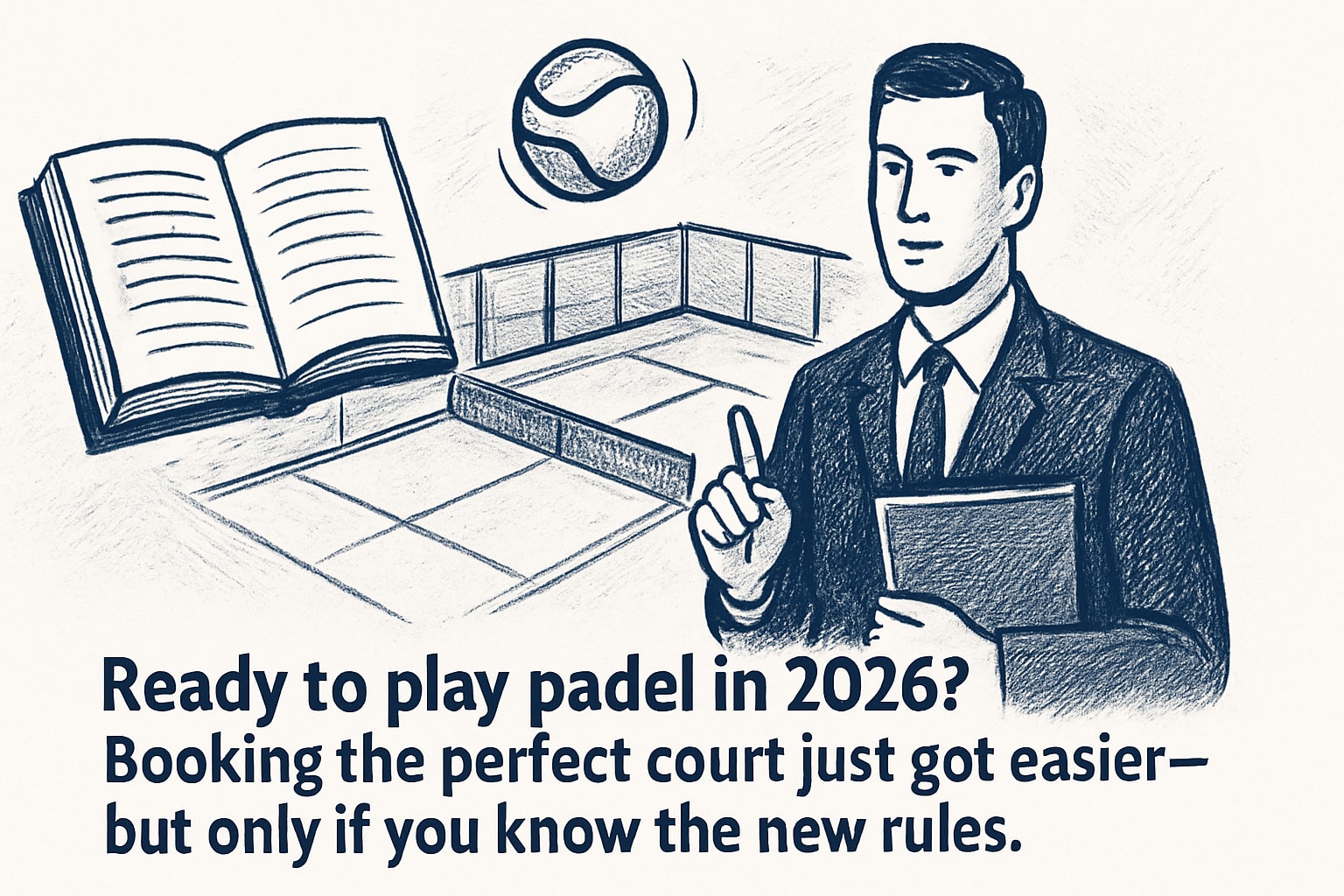Télécharger Poteau
Goalkeeper Position in Soccer: Responsibilities and Skills
The goalkeeper position in soccer is one of the most critical roles on the field. Whether you're looking for a game of pick up soccer near me or watching professionals take on roles like the Sweeper Position in Soccer or Wingback Position, the goalkeeper’s primary responsibility is to prevent the opposing team from scoring. However, the role of a goalkeeper extends far beyond just stopping shots. Goalkeepers must possess a unique set of skills and make split-second decisions that can often decide the outcome of a match. This article explores the key responsibilities and skills required for success in the goalkeeper position in soccer.
What Are the Key Responsibilities of a Goalkeeper?
The primary responsibility of a goalkeeper in soccer is to keep the ball out of the net. However, this role encompasses several tasks that go beyond just making saves. Goalkeepers must command their penalty area, organize the defense, and distribute the ball effectively. They need to read the game, anticipate attacking moves, and respond quickly to unpredictable situations.
In addition to shot-stopping, goalkeepers are also responsible for starting attacks. They are often the first players to touch the ball after the opposition’s attempt on goal, and their distribution—whether through a quick throw, a long punt, or a short pass—can be pivotal in launching counterattacks.
A goalkeeper's leadership is also essential. They need to constantly communicate with their defenders to ensure proper positioning and coverage during set pieces and open play. Goalkeepers act as the last line of defense, and their quick reactions and decisions can often prevent dangerous situations from escalating.
What Are the Essential Skills for a Goalkeeper in Soccer?
Goalkeepers require a combination of technical, mental, and physical skills to perform at the highest level. Each skill contributes to the goalkeeper's ability to perform under pressure, protect the goal, and contribute to the team's overall success.
Technical Skills
The most important technical skills for a goalkeeper include:
Shot-Stopping: Goalkeepers must have quick reflexes and strong hands to stop shots on goal. This requires excellent hand-eye coordination and agility.
Catching and Parrying: A goalkeeper should be able to catch the ball securely, especially in high-pressure situations. If they cannot catch the ball, they need to be able to parry it away from danger.
Positioning: Staying in the right position at all times is essential for a goalkeeper to reduce the angle of incoming shots and make more saves.
Mental Skills
In addition to technical ability, goalkeepers must be mentally strong. They often face moments of isolation and pressure, knowing that a single mistake can result in a goal for the opposition. Goalkeepers need to maintain focus, stay calm under pressure, and make confident decisions.
Physical Skills
A goalkeeper must be physically fit to excel in their role. This includes quick reflexes, strong leg muscles for jumping and diving, and endurance for the constant mental and physical demands of the game. Speed is crucial for closing down attackers and reacting to quick shots.
How Do Goalkeepers Play in Different Situations?
Goalkeepers must adjust their approach depending on the situation of the game. Whether defending during open play, dealing with set pieces, or playing in an extra-time situation, the goalkeeper’s decisions are pivotal.
In Open Play
During open play, goalkeepers must stay alert at all times, often acting as the last defender. They need to read the game and anticipate potential threats before they materialize. This includes rushing out to challenge attackers, staying in position to intercept crosses, and maintaining a strong defensive shape when the ball is in the opponent’s attacking third.
During Set Pieces
Set pieces, such as corners and free kicks, are high-pressure situations for goalkeepers. They need to organize their defense, communicate clearly, and ensure they cover their near post and far post. A goalkeeper must be decisive in claiming crosses or punching the ball away from danger.
In Extra Time or Penalty Shootouts
Goalkeepers are often the heroes in penalty shootouts. They must maintain composure, read the penalty taker’s intentions, and react quickly to save the shot. In extra time, goalkeepers must maintain a high level of concentration and stay mentally strong, knowing the match could be decided by a single mistake.
How Does a Goalkeeper’s Role Contribute to Team Success?
While the goalkeeper is often seen as the last line of defense, their role is central to the team’s overall success. A good goalkeeper not only stops shots but also helps to build attacks and organize the defense. Their leadership on the field is essential, as they provide direction to the defenders and ensure the team stays disciplined and focused.
Goalkeepers also serve as a psychological boost to the team. A crucial save or a great performance can inspire confidence in the players in front of them. Conversely, a series of mistakes can have the opposite effect, causing uncertainty and hesitation throughout the team.
How Can Goalkeepers Improve Their Game?
Like any other player, goalkeepers must constantly work to improve their skills. Regular training, analysis, and feedback are essential for goalkeepers to develop and refine their abilities.
Training
Goalkeepers need specialized training to develop their shot-stopping, positioning, and distribution skills. Training should include high-intensity drills that replicate match situations, helping goalkeepers react quickly and make the right decisions under pressure.
Video Analysis
Video analysis is a key tool for goalkeepers to review their performance. Analyzing game footage allows goalkeepers to assess their positioning, reaction times, and decision-making. This helps them identify areas for improvement and adjust their tactics accordingly.
Mental Training
The mental aspect of goalkeeping is crucial. Goalkeepers can benefit from mental training techniques, such as visualization, relaxation exercises, and concentration drills, to stay focused and calm under pressure.
The goalkeeper position in soccer is one of the most demanding and specialized roles on the field. Goalkeepers are the final line of defense and play a crucial part in both defense and attack. Their responsibilities require a combination of technical, mental, and physical skills, making them integral to the team's success. Through constant training and improvement, goalkeepers can continue to excel and make game-changing contributions to their teams.





